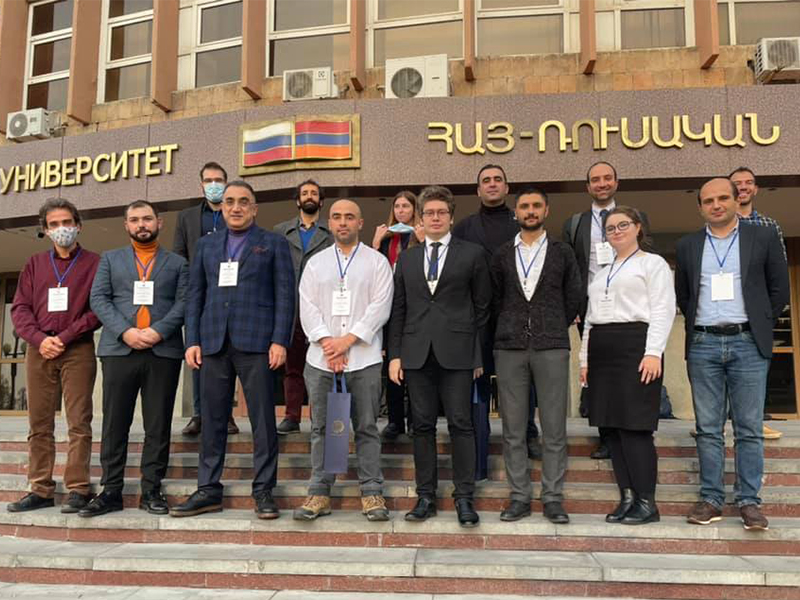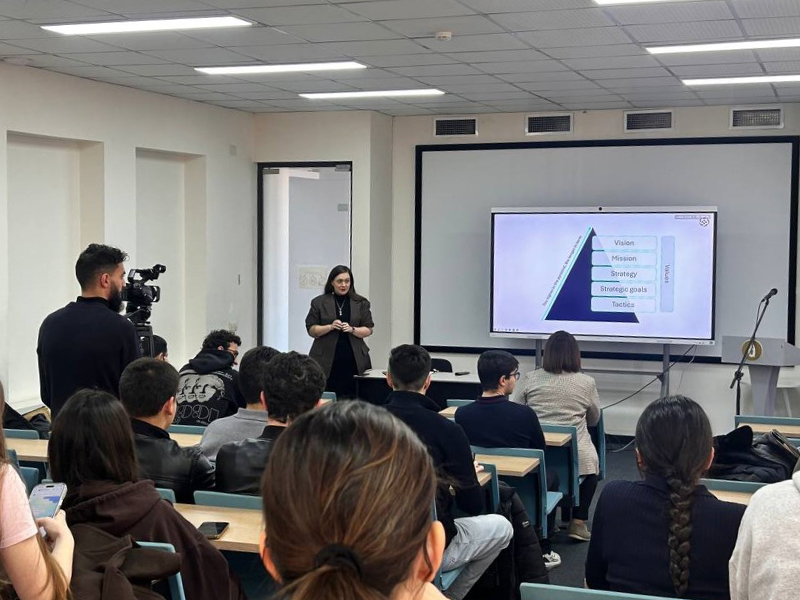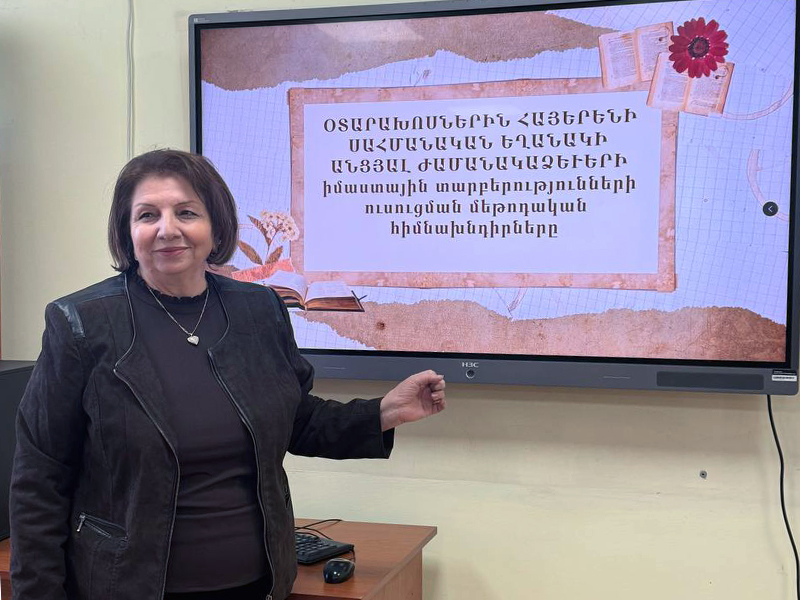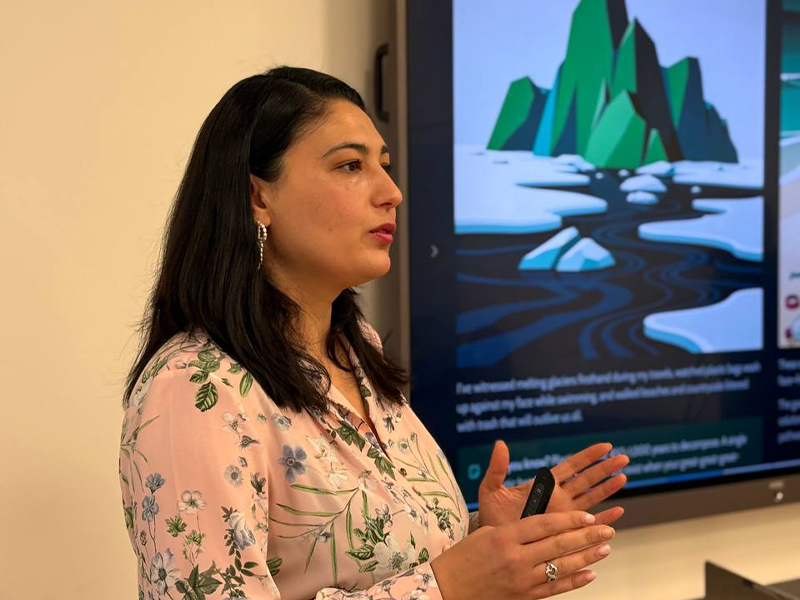
- 03 Nov
- 2021
"Geopolitics of small states in the 21st century": IV International Conference of the IAPN Committee on Geopolitics was held at RAU
The two-day workshop brought together leading scientists and experts in the field of the study of small states from 20 countries.
On November 1-2, the Fourth International Workshop on Geopolitics of the International Association of Political Sciences on the topic "Geopolitics of Small States in the 21st Century" (IPSA RC41) was held at Russian-Armenian University.
The conference was organized by Russian-Armenian University and the Committee on Geopolitics of the International Association of Political Sciences and was held in a hybrid format.
The two-day workshop brought together leading scientists and experts in the field of the study of small states from 20 countries: Russia, USA, Great Britain, India, Uruguay, Sri Lanka, Georgia, Macedonia, Cyprus, Germany, Hungary, France, Israel, Czech Republic, Poland, Lebanon, Armenia, etc.
''The current trends in the development of international relations are characterized by growing uncertainty and turbulence caused by the nonlinear transformation of the world order, as well as multifaceted technological changes. This affects the geopolitical environment in the world, as well as in various regions. From this point of view, the conference was a great opportunity to discuss both theoretical aspects of geopolitics and the concept of "small states", but also to analyze and compare the challenges, opportunities, and prospects faced by specific countries on the example of specific small states," said Ruben Elamiryan, Head of the Department of World Politics and International Relations.
During the conference, speakers and guests discussed political, economic, geopolitical, and technological issues, as well as security issues affecting small states in terms of sustainable development and opportunities for international cooperation. The participants considered the main challenges and threats to the global and regional security architecture and ways to transform these challenges into opportunities for prosperity, peace, and cooperation.
It should be noted that the publication of a collection of materials is planned following the results of the conference.








